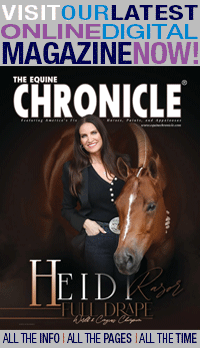Protect the Stomach Before and During Changing Training Barns, Switching Ownership, or Learning New Disciplines
June 29, 2017 Comments Off on Protect the Stomach Before and During Changing Training Barns, Switching Ownership, or Learning New Disciplines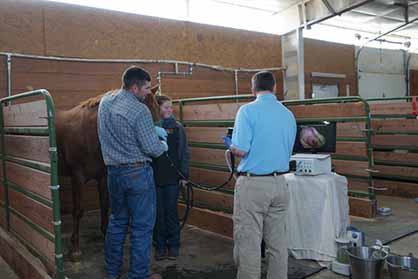
Most competitive horses experience quite a few big changes in their lives. They will change barns, find new owners, work with different trainers and learn new skills or disciplines. Upsets in their routine can cause stress, which contributes to performance-robbing equine stomach ulcers.1
Continue reading …After a 2-Year Absence, SURPASS is Now Available to Horse Owners
June 26, 2017 Comments Off on After a 2-Year Absence, SURPASS is Now Available to Horse Owners
SURPASS is the only FDA-approved topical non-steroidal, anti-inflammatory cream indicated for the control of pain and inflammation associated with osteoarthritis (OA) (hock, knee, fetlock and pastern) in horses. SURPASS is a targeted therapy that delivers relief when and where your horse needs it
Continue reading …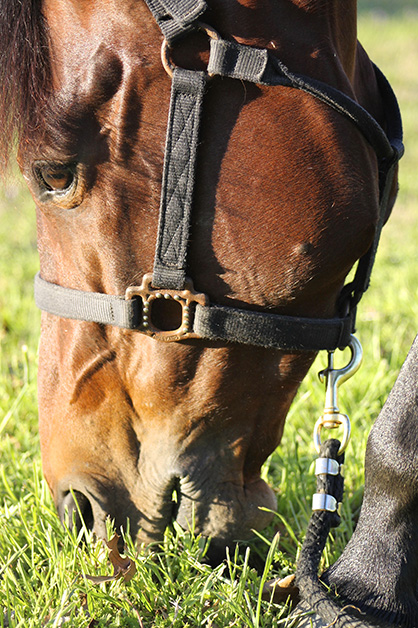
The intent of the article is to warn of the danger of pasture in the springtime. The emphasis is on fructan; suggested to be the causal agent in pasture-associated laminitis. There is a comment that fructans “appear to cause increases in blood insulin” and a concern that pasture fructans may “…cause a response that is similar to what happens when starch reaches the hindgut; they trigger acid production, a drop in pH, and a chain-reaction that might result in laminitis.”
Continue reading …10 Tips to Keep Horses Healthy in Summer Heat
June 15, 2017 Comments Off on 10 Tips to Keep Horses Healthy in Summer Heat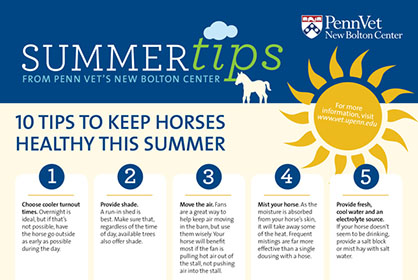
#3- Move the air- Fans are a great way to keep air moving in the barn, but your horse will benefit most if the fan is pulling hot air out of the stall, not pushing hot air into the stall.
Continue reading …World’s First Privately-Owned Animal Airport Center, The ARK at JFK, Opens Phase 2 in June
June 10, 2017 Comments Off on World’s First Privately-Owned Animal Airport Center, The ARK at JFK, Opens Phase 2 in June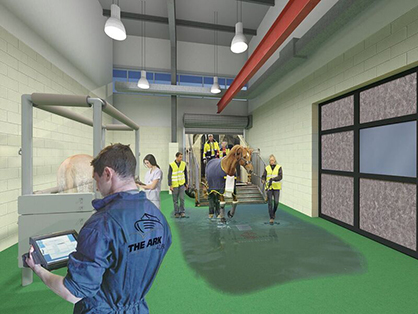
The ARK Equine Import Quarantine will be the first of its kind in the United States. The ARK’s equine import facility will provide the highest level of care for equine “guests.” Amenities include: 48 stalls with individual climate controlled advanced HEPA filtered HVAC system; 12 x 12 individual stalls with 100% air exchange and negative pressure; adjustable stall lighting to simulate night and day to allow horses to rest; veterinarian coverage 24/7, and more.
Continue reading …Vets Design State-of-the-Art CT Scan Table Especially For Horses!
June 9, 2017 Comments Off on Vets Design State-of-the-Art CT Scan Table Especially For Horses!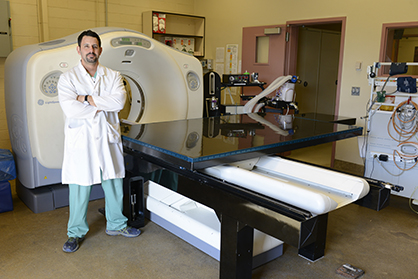
Performing a CT scan on a horse is a laborious process that takes a team of nearly a dozen technicians and veterinarians. It involves forklifts and cranes, and the skilled techniques of veterinary technicians who have mastered this task after years of repetition. Thanks to an innovative UC Davis imaging technician, however, that process just got a lot less complicated.
Continue reading …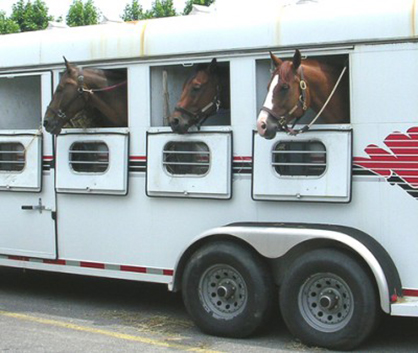
Who wants to take the time to check the tires, look at the frame and floorboards, make sure the hitch operates correctly, the lights work, and the doors latch the way they should? Although that seems like a daunting list of things to maintain, if you slow down just a bit, you can allow yourself the opportunity to more regularly check these important issues without much inconvenience or time spent.
Continue reading …Addressing Unwanted Behavior in Performance Mares and Fillies
June 7, 2017 Comments Off on Addressing Unwanted Behavior in Performance Mares and Fillies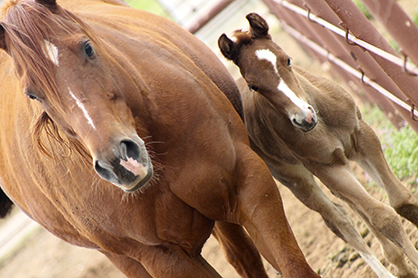
“The types of behaviors that are commonly reported as ‘unwanted’ include aggression, sexual-like behavior, and resentment or unwillingness to work or perform. All of these can have an adverse effect on training and performance at competition or racing, and can impact the safety of riders and handlers.”
Continue reading …The Only Unique Raft-Pool Recovery System For Large Animals in the World
May 29, 2017 Comments Off on The Only Unique Raft-Pool Recovery System For Large Animals in the World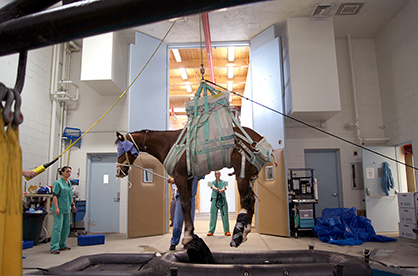
For more than forty years, horses with catastrophic injuries have woken up in New Bolton Center’s pool. It remains the single best technique for anesthetic recovery of the seriously injured horse, providing a chance to safely recover strength, coordination, and awareness.
Continue reading …Seven Tips to Help Keep Your Horse Healthy When Traveling
May 26, 2017 Comments Off on Seven Tips to Help Keep Your Horse Healthy When Traveling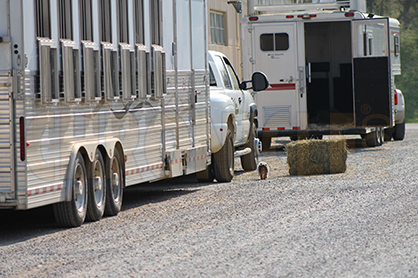
2) Bring your own equipment, including buckets, and do not retrieve water from a communal source. When filling buckets, keep the hose nozzle above the water level, and do not allow the hose or nozzle to touch the bucket.
Continue reading …